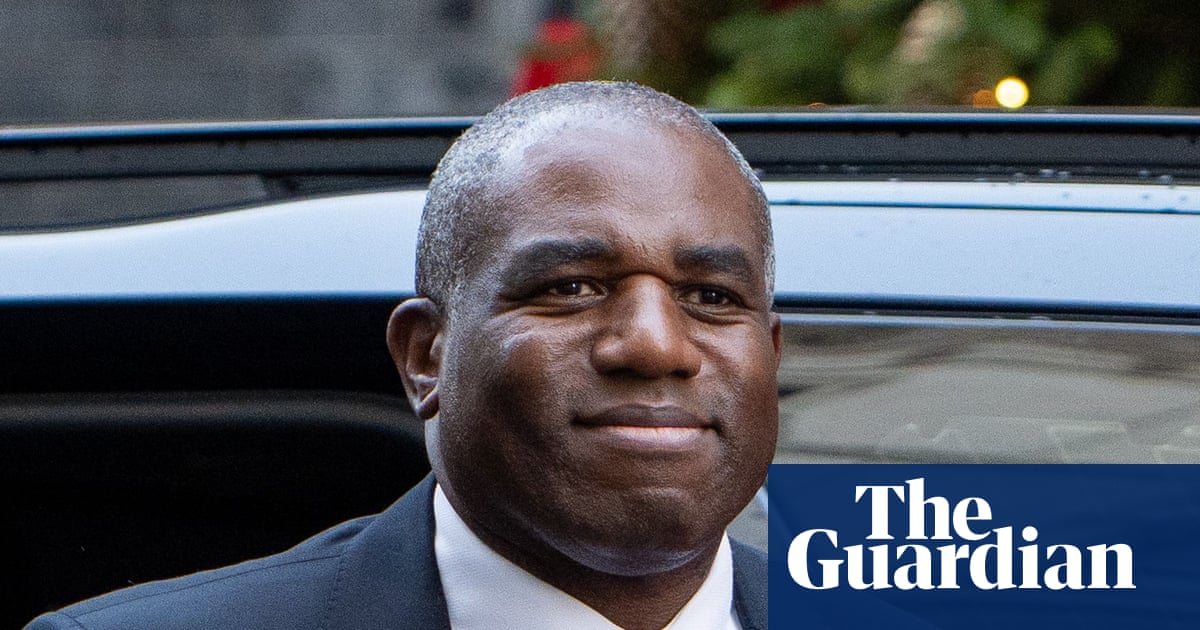The decision by a high court judge to block the deportation of a man under Labour’s “one in one out” agreement with France has cast doubt on the future of the policy. Here, the Guardian examines the significance of the court’s decision and what it means for the removal scheme.
Why did the judge block the deportation?
Mr Justice Sheldon halted the removal after a decision came through during the court hearing that the 25-year-old Eritrean’s claims to be a victim of trafficking required further investigation.
The national referral mechanism, which identifies and assesses victims of slavery and human trafficking, invited the man to make further representations.
“It seems there is a serious issue to be tried with respect of the trafficking claim and whether or not the secretary of state has carried out her investigatory duties in a lawful manner,” said Sheldon. “If there is a reasonable suspicion he has been trafficked that would amount to a statutory bar for removal, at least for a short period of time.”
Does this mean the whole scheme is doomed?
Comparisons are already being made with the previous government’s scheme to send asylum seekers to Rwanda being ruled unlawful by the courts but they might be premature.
The technology secretary, Liz Kendall, told Times Radio she would not comment on “operational details”, but said: “This is one person, it is not going to undermine the fundamental basis of this deal.”
Sheldon said on Tuesday that he was “going to grant a short period of interim relief” so it is still possible that the claimant could eventually be deported.
The Guardian is aware of one case in which a legal challenge lodged by an individual asylum seeker who was due to fly on Monday was unsuccessful, although he did not fly in the end.
While arguments for the claimant on Wednesday were made about the destitution he would face in France, based on the experience of other asylum seekers there, Sheldon was not persuaded by that and focused on the fact that he was a potential victim of trafficking.
By contrast, the reasons the Rwanda scheme was held to be unlawful included that it was deemed not to be a safe country for refugees, that refugees could have their applications for asylum incorrectly refused in Rwanda and that they would be at risk of return to countries where they would be in danger.
However, Emma Ginn, the director of the charity Medical Justice, said the “vast majority” of people detained for the “one in, one out” scheme were torture and trafficking survivors, presenting the prospect of more potential court defeats.
Will the French take victims of trafficking and torture?
Even before Tuesday’s high court decision, the viability of the “one in, one out” agreement was called into question after plans to fly rejected asylum applicants to Paris on Monday and Tuesday were dropped.
It is believed that the flights did not happen because of concerns of French authorities that the Home Office had not provided adequate notice of the vulnerabilities of some individuals, such as victims of trafficking and torture.
According to the treaty signed last month, the UK needs to notify France in a statement “indicating that the person to be transferred may need medical assistance or care”.
The cancelled flights have raised questions over whether France will take such individuals at all.
Why does the government not just change the law?
Given that the previous government’s Rwanda scheme was ruled unlawful and Labour’s “one in, one out” policy has also fallen foul of the courts, could the government just use parliamentary sovereignty to change the law to prevent such outcomes?
Most of the focus at the moment has been on leaving the European convention on human rights (ECHR), which Reform UK has said it would do if elected and the Tories also seem to be moving towards, or reforming the convention, and/or its UK implementation, as Labour has discussed. While blaming the ECHR for the prevention of deportations, governments to date have not taken the drastic step of leaving, which would make the UK an international outlier with Belarus and Russia, and provoke a backlash from some quarters, both domestically and internationally.
Even if it did leave the ECHR, there are multiple other conventions with protections relevant to deportations such as the refugee convention, the torture convention and the International Covenant on Civil and Political Rights.
And even if all of these conventions were exited/suspended as Reform have suggested, putting aside what that would do for the UK’s international reputation, it would not necessarily open the door to mass deportations regardless of an individual’s circumstances.
Many rights derive from British common law and, in the absence of a politically appointed judiciary such as that in the US, judges in England and Wales would endeavour to uphold them.

 3 months ago
102
3 months ago
102

















































